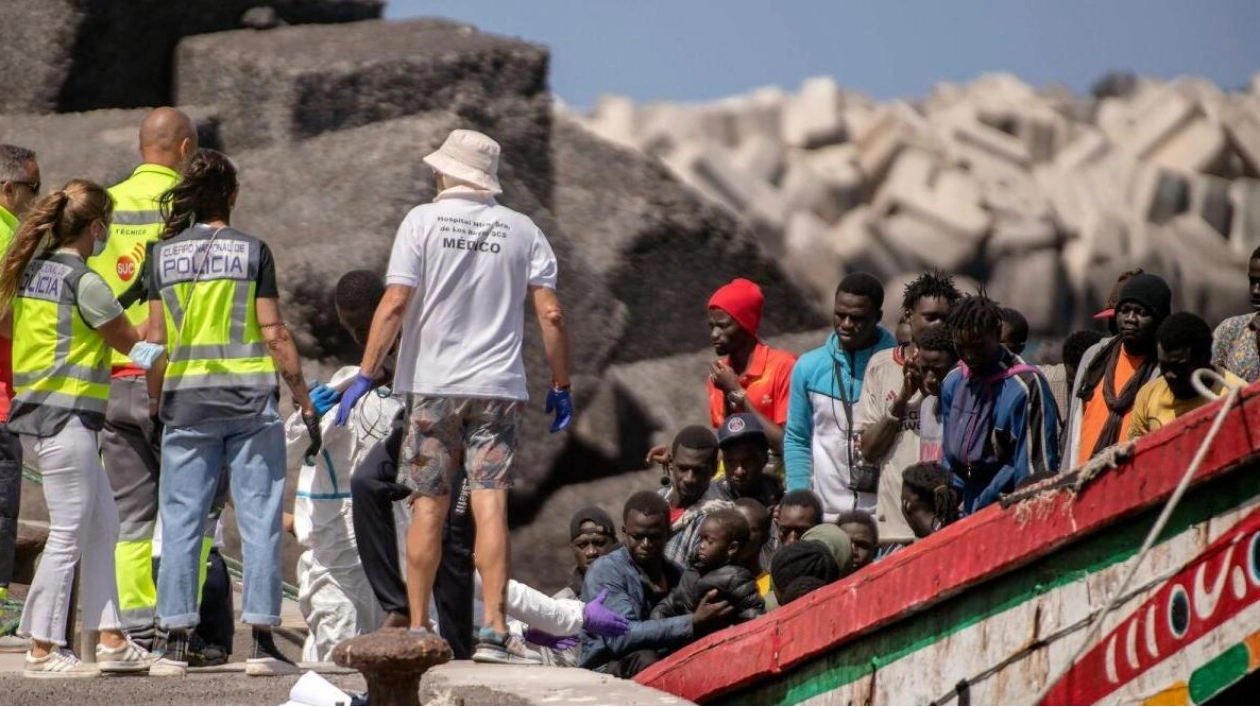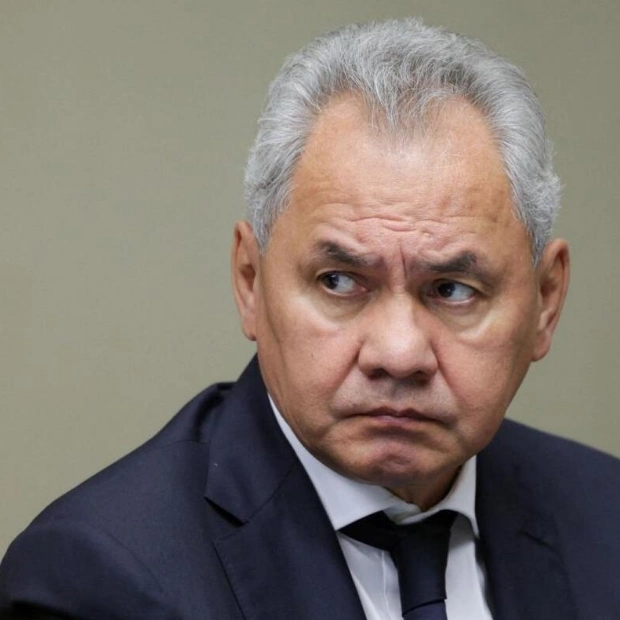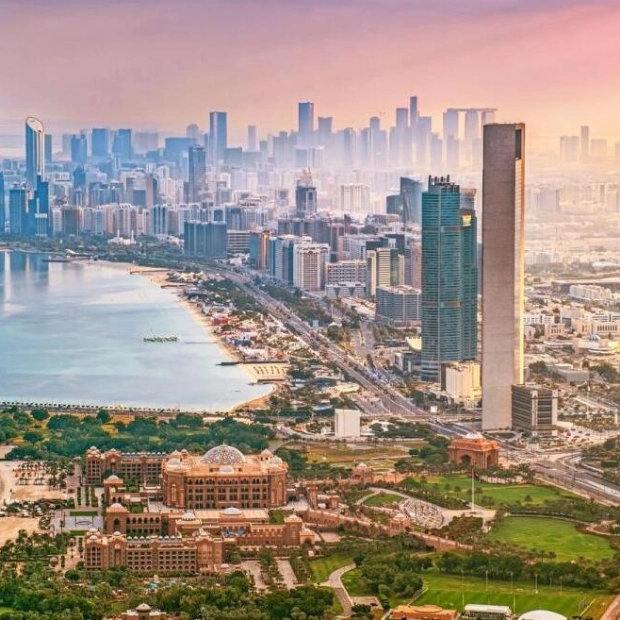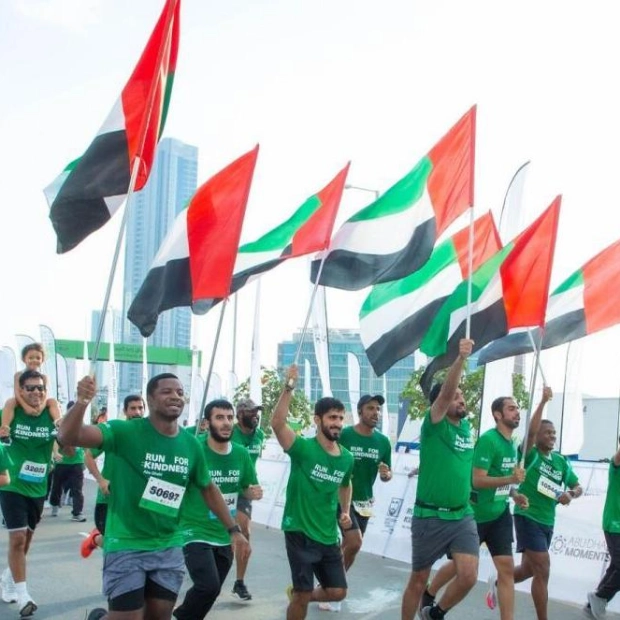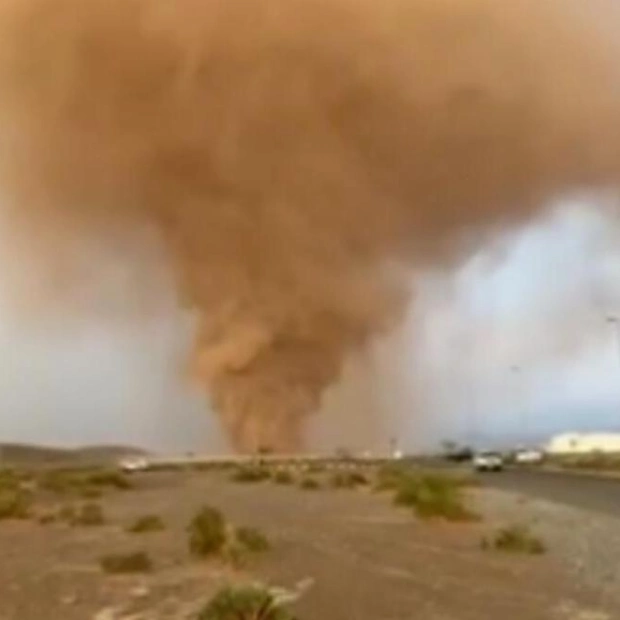Spain's Prime Minister Pedro Sanchez embarks on his second trip to West Africa this year on Tuesday, with the goal of reducing migration to the Canary Islands and countering Russian influence in the Sahel region. Data from the European Union border agency Frontex reveals a 154% increase in the West African migration route this year, with 21,620 individuals reaching the Canary Islands in the first seven months.
The surge has strained resources on the Spanish archipelago, prompting local authorities to consider housing migrants in military camps or tents due to anticipated increases in arrivals as Atlantic Ocean conditions improve. Spanish authorities estimate that up to 150,000 additional migrants from Africa could attempt the dangerous crossing in the coming months. Frontex data indicates that nearly half of the new arrivals are Malians, displaced by a conflict and economic crisis involving the Russian mercenary group Wagner.
Sanchez is prioritizing the strengthening of ties with Mauritania, Senegal, and Gambia, key departure points for migrant boats, with the first two sharing land borders with Mali. Spanish police have been active in West Africa to enhance border control, part of Madrid's strategy to provide financial and security support to these departure points. Spain is also considering a return to Mali following the closure of the EU military mission there last May.
A senior Spanish military officer, who requested anonymity, emphasized the importance of maintaining a presence in the region to prevent Russian forces from occupying the ground. The Spanish mission could continue the training provided by the previous European mission. Spain's Defence Ministry has confirmed ongoing discussions about collaboration with Mali without providing further details.
Spain is advocating for a stronger focus on the global south, particularly the Sahel, within the EU and NATO due to the migration surge. Jesus Nunez Villaverde, co-director of the Institute for Conflict Studies and Humanitarian Action, argues that addressing poverty and the effects of climate change is crucial for resolving the Sahel's problems, rather than relying on military aid, which he considers a failed model.
The ongoing conflict in the Sahel has exacerbated a humanitarian crisis, with over 3.1 million people displaced from their homes in Mali, Burkina Faso, and Niger as of July, according to the International Organization for Migration (IOM). Economic difficulties in Mali have intensified since the ruling junta took power in 2020. Ousmane Diarre, head of a Malian NGO defending migrant rights, cites conflict, unemployment, and climate change impacts on farming communities as primary drivers of migration.
Moussa Diaby Wage, a 20-year-old Malian who arrived in the Canaries in 2020, now holds Spanish nationality and dreams of joining the army. He currently assists other migrant children at a center for minors in Tenerife, where 30 out of 50 teenagers are from Mali. Wage explains that many young people migrate because Mali is at war, and leaving is often the only chance for a better life.
